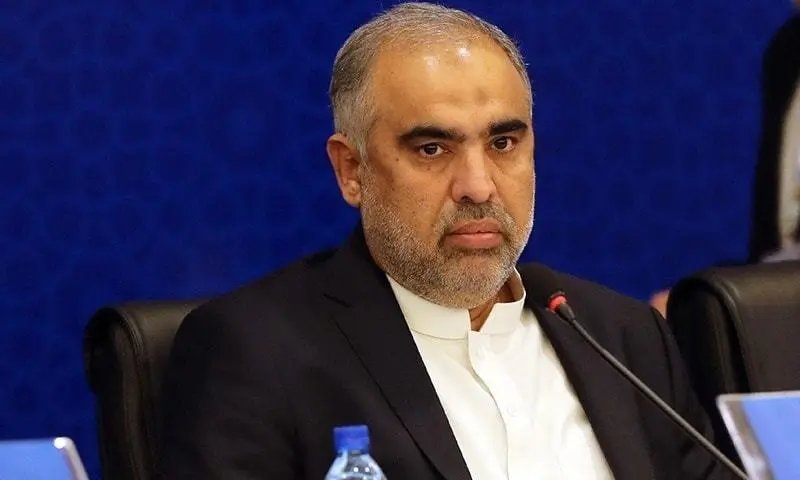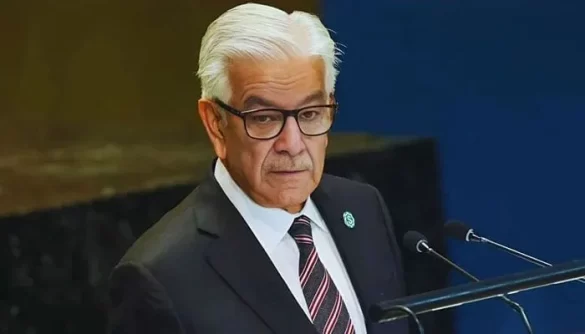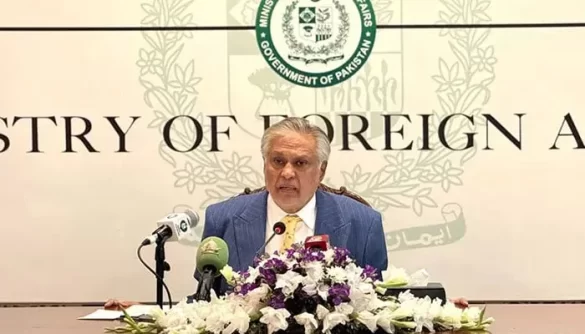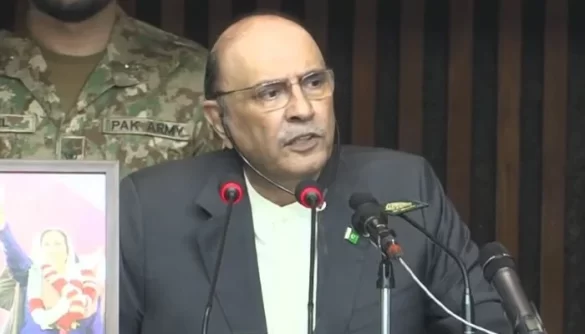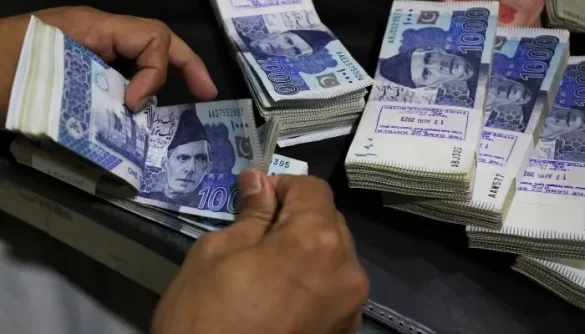Background
One year after the dramatic arrest of Pakistan Tehreek-e-Insaf (PTI) founder Imran Khan, political tensions remain high in the country. The former Prime Minister, who has been embroiled in multiple legal battles since his ouster in April 2022, continues to dominate Pakistan’s political discourse despite being behind bars.
Addressing a press conference in Swabi on Sunday, senior PTI leader and former National Assembly Speaker Asad Qaiser reiterated the party’s stance on Khan’s incarceration. He claimed that Khan’s release could be secured “within an hour” if the party were willing to make a deal with the establishment—but insisted the former premier had refused any such compromise.
Qaiser also outlined plans for a nationwide protest campaign, starting August 5, to mark the anniversary of Khan’s arrest, calling the day a “Black Day” in PTI’s political calendar.
Key Events
On August 5, 2023, Imran Khan was arrested at his Lahore residence in connection with corruption charges. His arrest sparked protests across the country, leading to widespread detentions of PTI supporters and leaders. While Khan has since been convicted in some cases, his supporters argue that the trials are politically motivated and lack transparency.
During Sunday’s press conference, Qaiser emphasised that the party demands a fair and merit-based trial for all cases against Khan. He dismissed recent verdicts against senior party leaders, including Senator Shibli Faraz and Zartaj Gul, as “factually incorrect and unjust.” These convictions, he argued, reflect a broader pattern of judicial bias and political victimisation.
In a related development, Imran Khan has also called for a nationwide protest movement to begin after Muharram 10, citing concerns about his solitary confinement and deteriorating jail conditions. Read the full story here.
Qaiser also responded to media speculation surrounding a supposed statement by Khan calling for a provincial chief minister’s resignation. “There has been no verified statement of that nature,” he clarified.
Reactions
Qaiser’s remarks underline PTI’s refusal to engage in backchannel negotiations or political deals to secure Khan’s freedom. “Imran Khan has made it clear—he will not seek freedom through any compromise,” Qaiser said, suggesting that the party would rather rely on legal and constitutional means to challenge the government.
He also reiterated PTI’s broader policy objectives, stating that the party seeks “peaceful international trade” but will not tolerate the exploitation of Pakistan’s resources by foreign interests. In particular, he urged the federal government to reopen trade routes with Afghanistan to stimulate the struggling national economy.
Criticising the current administration, Qaiser accused the government of pressuring the judiciary and undermining the rule of law. “Justice will only be served when courts can make decisions freely and based on merit,” he said.
The PTI leader also confirmed that preparations for the August 5 protest campaign were complete. “Our movement will be entirely constitutional, legal, and peaceful,” he stated, distancing the party from violent protests seen in the past.
Broader Context
Since Khan’s arrest, Pakistan has witnessed significant political instability. The military, historically a powerful player in the country’s politics, has been accused by Khan and his supporters of engineering his downfall. In contrast, the ruling coalition maintains that the legal proceedings are legitimate and necessary for accountability.
Imran Khan, once celebrated for his anti-corruption rhetoric and populist appeal, now faces a multitude of legal challenges, including convictions in the Toshakhana case and other corruption-related investigations. Human rights organisations and legal experts have raised concerns about due process, selective accountability, and the increasing use of anti-terror laws against political activists.
PTI, despite internal fractures and government crackdowns, continues to command significant public support, particularly among the youth and diaspora communities. The upcoming protest campaign is likely to test both the government’s tolerance for dissent and the party’s ability to mobilise under pressure.
Conclusion
As PTI prepares to mark August 5 as a symbol of resistance, the message from its leadership remains clear: no deals, no compromise. The party continues to frame Imran Khan’s detention as a test case for judicial independence and democratic integrity in Pakistan.
Whether this strategy yields legal victories or political momentum remains to be seen. But for now, PTI’s stance suggests that it is bracing for a long political struggle—one that it hopes to fight in the courts, on the streets, and at the ballot box.

